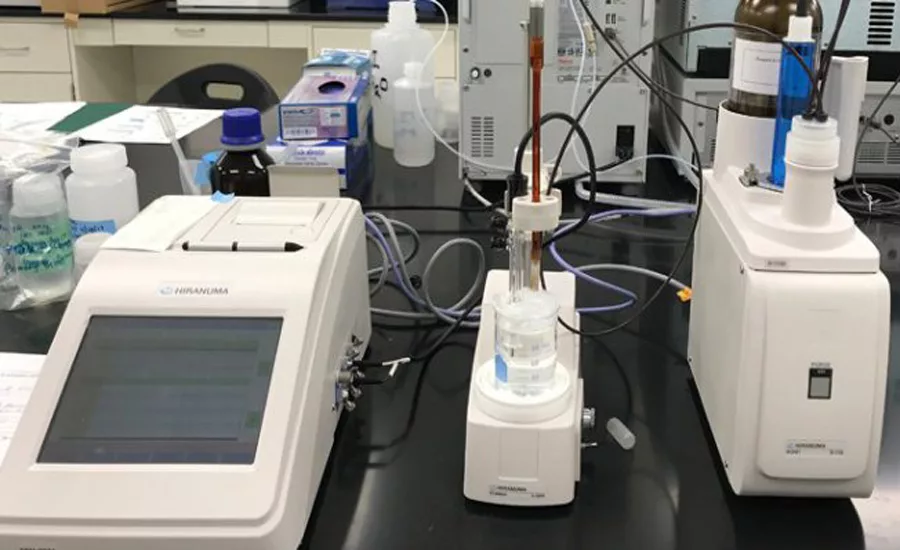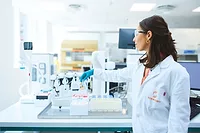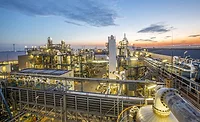AGC Opens Testing Lab for Chlor-Alkali Producers

EXTON, PA – AGC Chemicals Americas has opened a testing lab to analyze brine and raw salt and to complete extractions from used membranes. Chemistry experts at the lab also can prepare samples, conduct specialized tests, and assist with history and recordkeeping for chlor-alkali producers. The 600-square-foot lab is based at AGC's headquarters in Exton, Pennsylvania.
New laboratory tools include inductively coupled plasma, which detects impurities such as calcium, magnesium, strontium, aluminum, silicon, iron, nickel, barium, phosphorus, copper and manganese. Ion chromatography measures the levels of sulfate, chlorate and iodine. Total organic carbon indicates the amount of organic carbon in a sample and is often used when determining water quality. Auto titrator calculates the concentration of salt in brine solutions.
"Our lab lets our chlor-alkali producers compare our testing results to theirs to check data accuracy," said Craig Long, Business Manager for FLEMION® membranes at AGC. "Results from tests like an AGC Impurity Analysis can help track historical performance or provide a benchmark with other sanitized data."
AGC’s commitment to advancing the chlor-alkali industry includes producing FLEMION ion exchange membranes to produce caustic soda/caustic potash in electrolysis plants. FLEMION membranes require less electrical current to decompose the purified brine, minimize the influence of brine impurities, and enable manufacturers to maintain 97-98% electrical current efficiency.
Looking for a reprint of this article?
From high-res PDFs to custom plaques, order your copy today!





